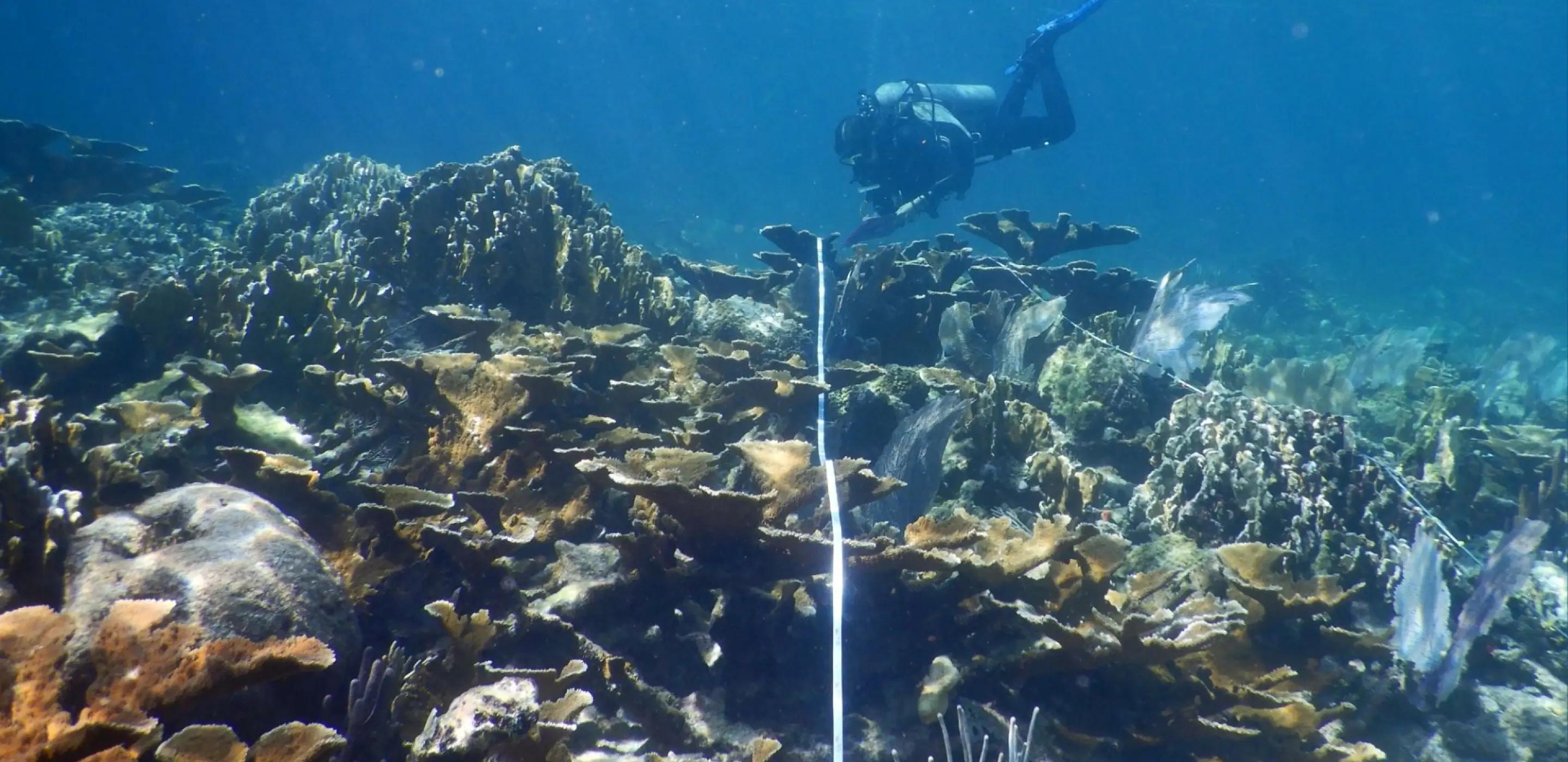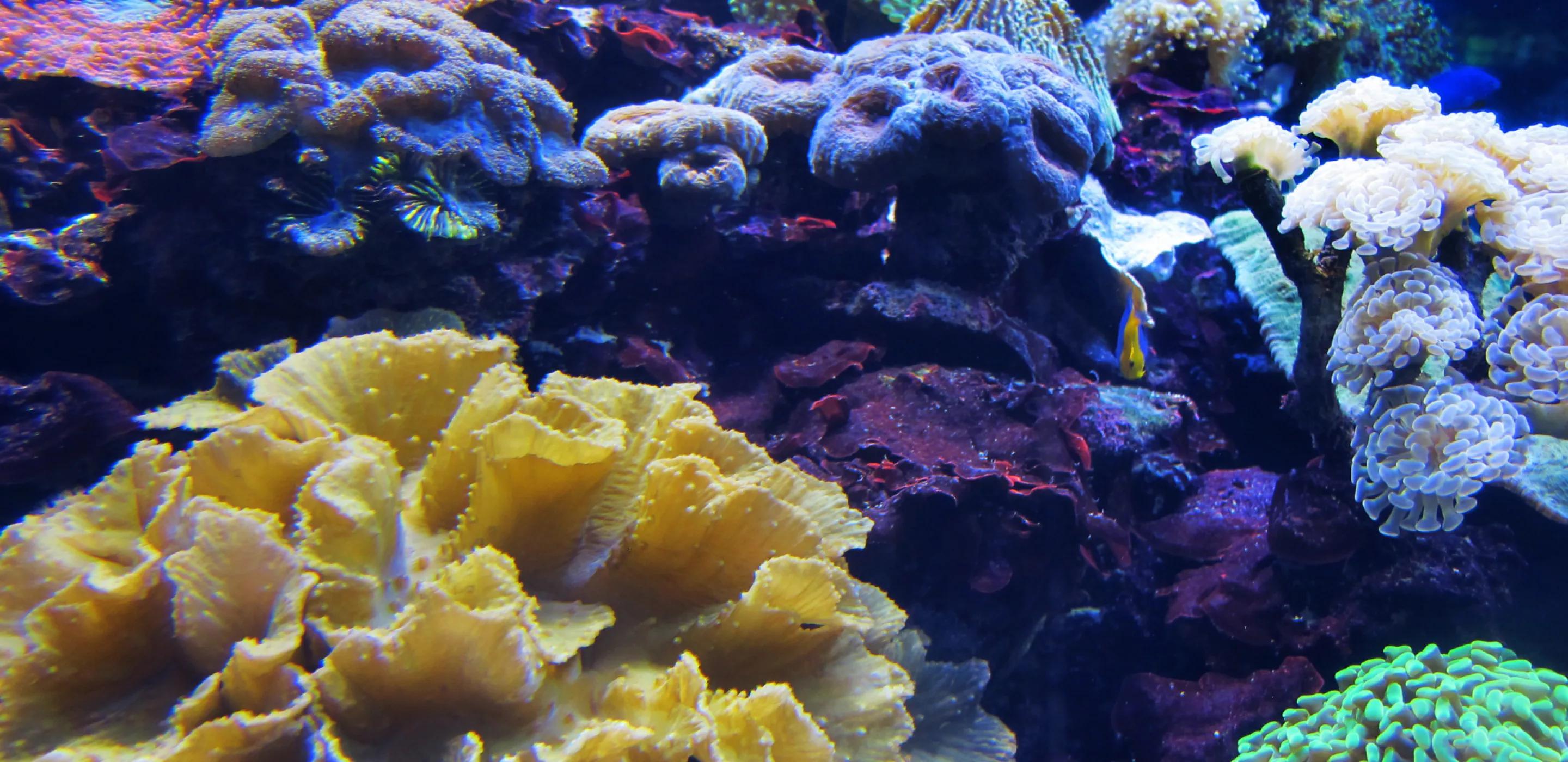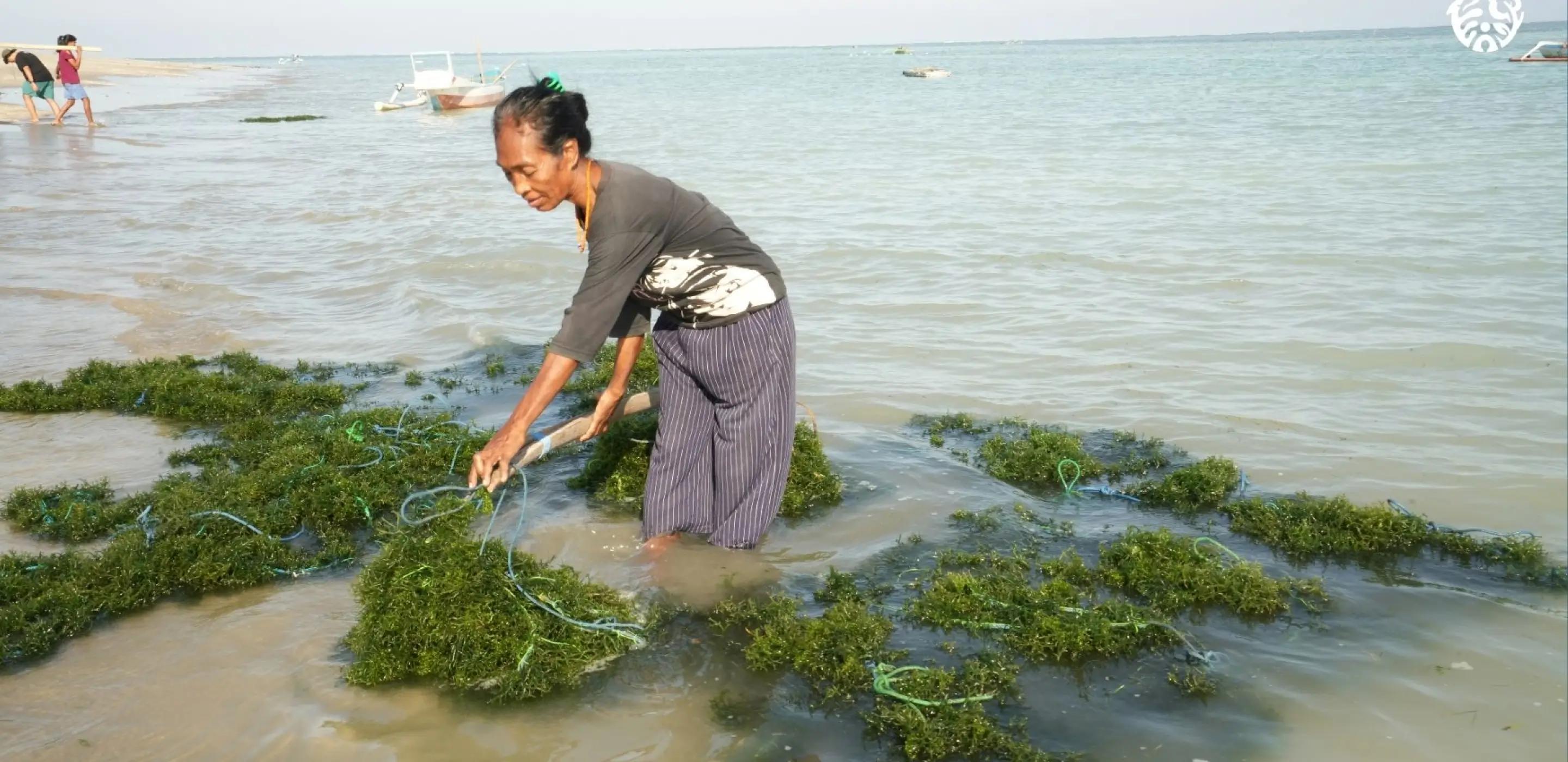New York, 6 December 2021 – Following successful engagement at the 26th UN Climate Change Conference, the Global Fund for Coral Reefs (GFCR) Executive Board reconvened on 23, 24 and 25 November to review Fund progress, proposed programmes and funding modalities. The meeting resulted in the issuing of two decisions totalling more than $10 million USD in new disbursements for coral conservation.
The outcomes of the fourth Executive Board meeting resulted in the approval of the Fund’s programme for the Philippines, ‘Mamuhunan sa mga Marine Protected Areas’ (Responsible Investment in Marine Protected Areas). At the heart of the Coral Triangle, the Philippines supports extraordinary levels of biodiversity, including hundreds of species of corals, sea turtles, sharks and more than 2,000 species of fish.
The Philippine programme, led by Blue Finance as the Convening Agent and in collaboration with Department of Environment and Natural Resources and local Governments, focuses on catalysing the blended finance approach of the GFCR to improve the management and financial sustainability of three high-biodiversity Marine Protected Area (MPA) networks: the Verde Island Passage MPA Network, the Calamian Island MPA Network, and the Tañon Strait Protected Seascape. The three networks include 80 MPAs with more than 30,000 hectares of coral reefs.
As current estimates assess the target MPAs to have an 80% funding gap, establishment of sustainable MPA finance models is crucial for enhanced protection and long-term conservation of coral reefs, recovery of threatened marine species and generation of coastal community sustainable livelihood opportunities. Through a Philippines-based coalition of local and international actors, the programme will work to facilitate management concessions for MPAs, develop tangible sustainable revenue models, and secure up-front finance by attracting blended finance capital. Initial revenue models include MPA nature fees, a visitor centre and sales of blue carbon credits. Further, the programme will unlock finance for reef-positive business models (e.g., eco-lodges, coastal aquaculture, etc.) that will, in return, ensure synergies with conservation objectives and contribute to financing for MPA management costs.
“In a context of budget restrictions and COVID-19 recovery, blended finance solutions to generate critical finance for MPAs are a vital step toward marine conservation and natural resource management. Through the ‘Mamuhunan sa mga Marine Protected Areas’ (Responsible Investment in Marine Protected Areas) programme supported by the Global Fund for Coral Reefs, generated investment revenues will allow us to sustain the financing of our MPA teams and community rangers (Bantay Dagats) in their daily activities in community development and ecosystem protection.”
Nicolas Pascal, Executive Director, Blue Finance
The Philippine programme aims to improve resilience for over 30,000 hectares of coral reefs and improve biodiversity levels, including more than 50% increase in biomass of key reef fish in priority sites. The initiative further aims to accelerate viable sustainable reef positive livelihood and income opportunities for more than 1,700 local coastal community members, with an emphasis on women and marginalized groups.
As a second decision, the Fund’s Executive Board approved the GFCR Blue Bridge, a service provided by GFCR partner United Nations Capital Development Fund (UNCDF) that deploys grant capital in the form of concessional finance instruments (e.g., concessional loans, guarantees) and financial technical assistance when needed. The GFCR Blue Bridge will support Convening Agents of GFCR programmes to achieve transformative changes by assisting early-stage reef-positive businesses with concessional instruments. By enabling development and growth of reef-positive business models and establishing financial track-records, the GFCR Blue Bridge will catalyze private sector investment for scaling and replication of reef-positive solutions developed by local entrepreneurs.
The newly issued decisions signify the GFCR’s continuing contribution to the expansion and diversification of the coral reef conservation funding ecosystem, as well as the Fund’s growing global portfolio of reef-positive initiatives that support sustainable coral conservation and local community resilience.
Since the GFCR’s previous Executive Board meeting, the Fund has welcomed the Government of Canada and the Green Climate Fund to its expanding public-private coalition of partners, which also includes the Paul G. Allen Family Foundation; Prince Albert II Monaco Foundation; the governments of Germany, France and the UK; Pegasus Capital Advisors; United Nations Development Programme (UNDP); United Nations Capital Development Fund (UNCDF); and United Nations Environment Programme (UNEP).
Share on:
Get the latest insights from the GFCR delivered to your inbox.
Sign up to the GFCR newsletter


